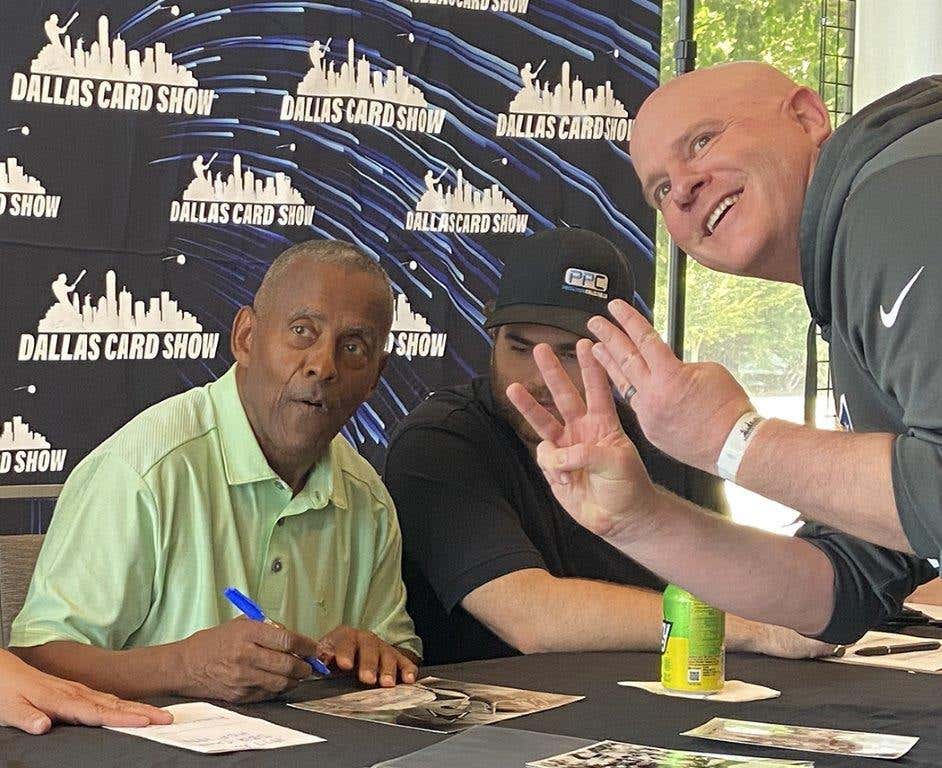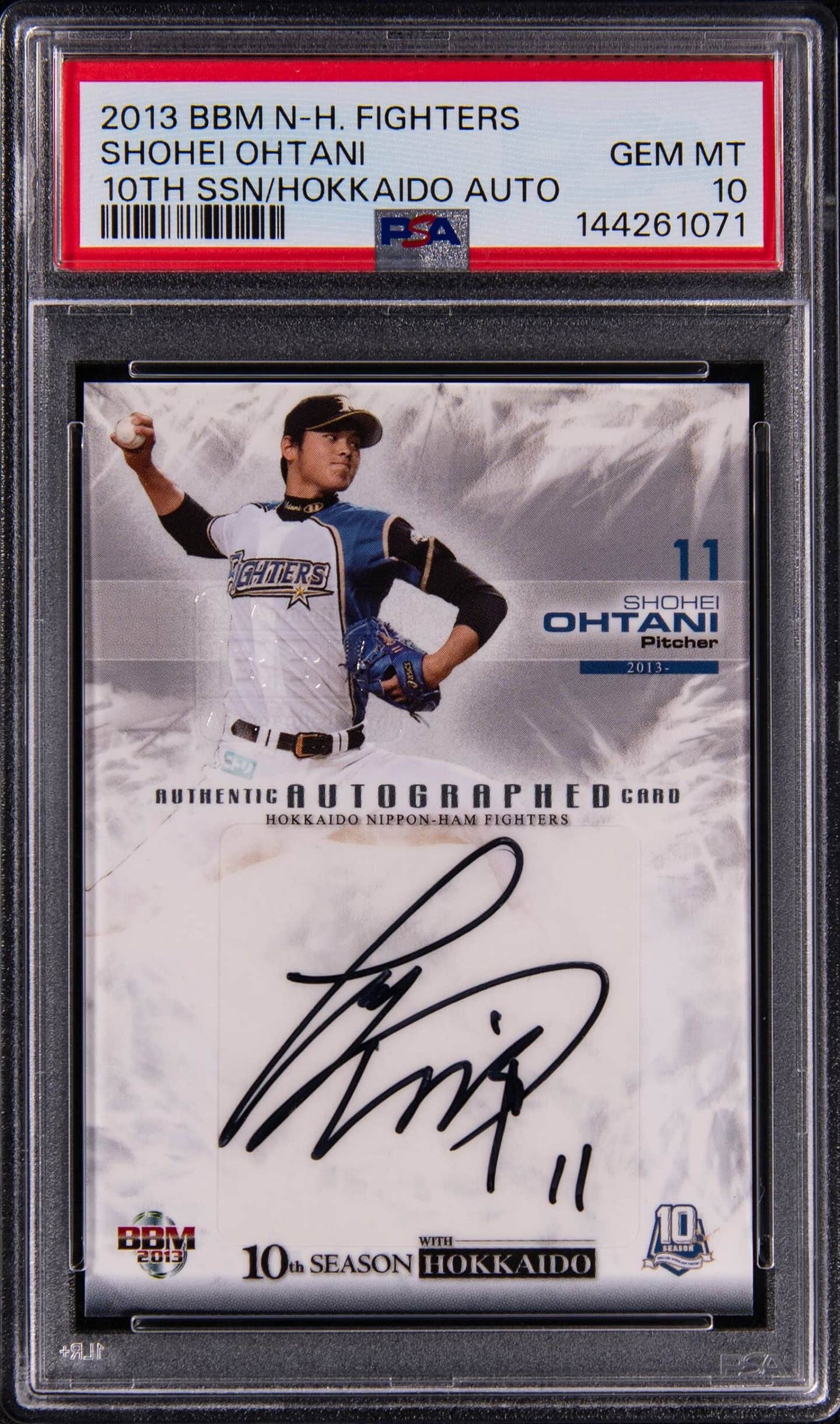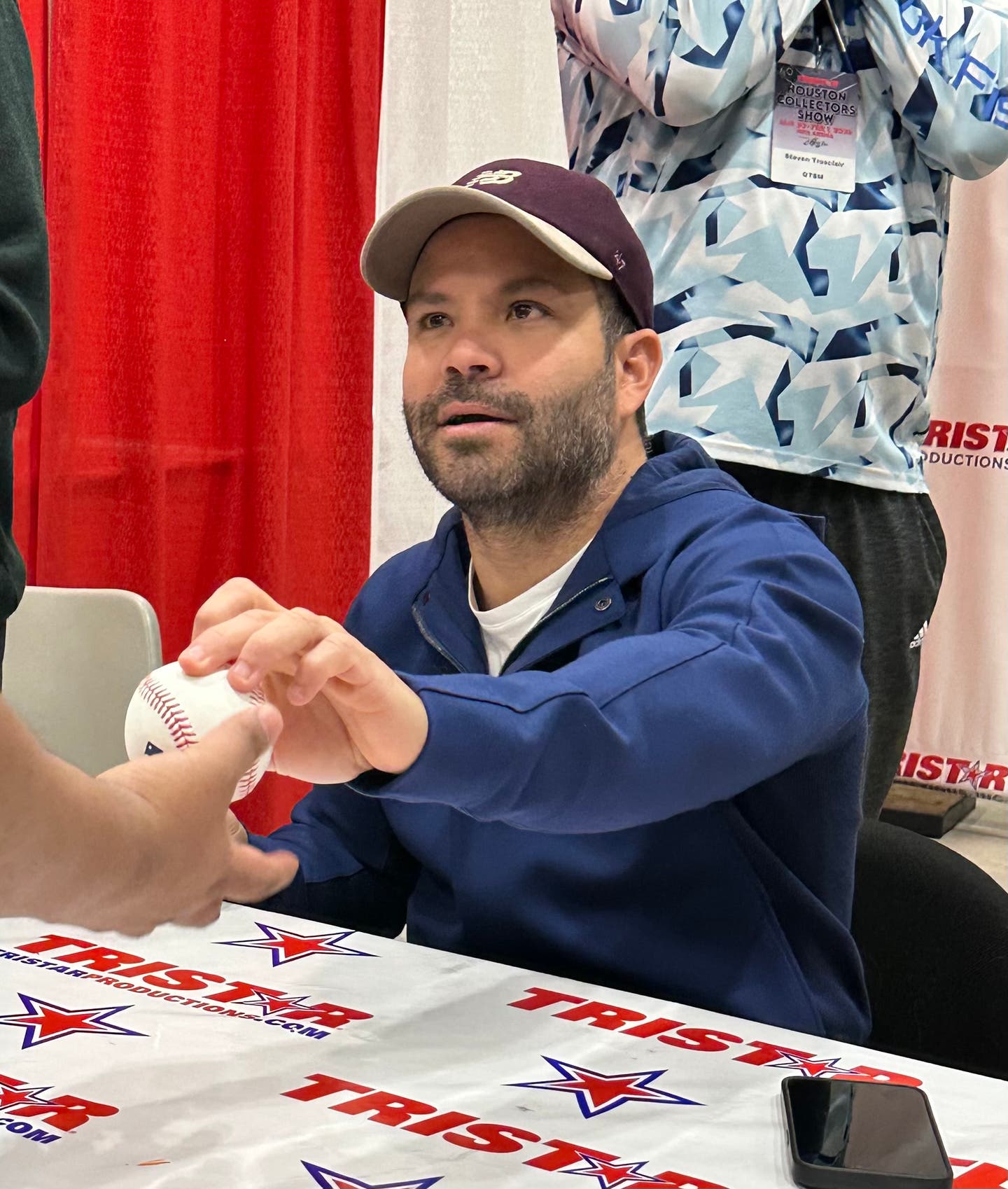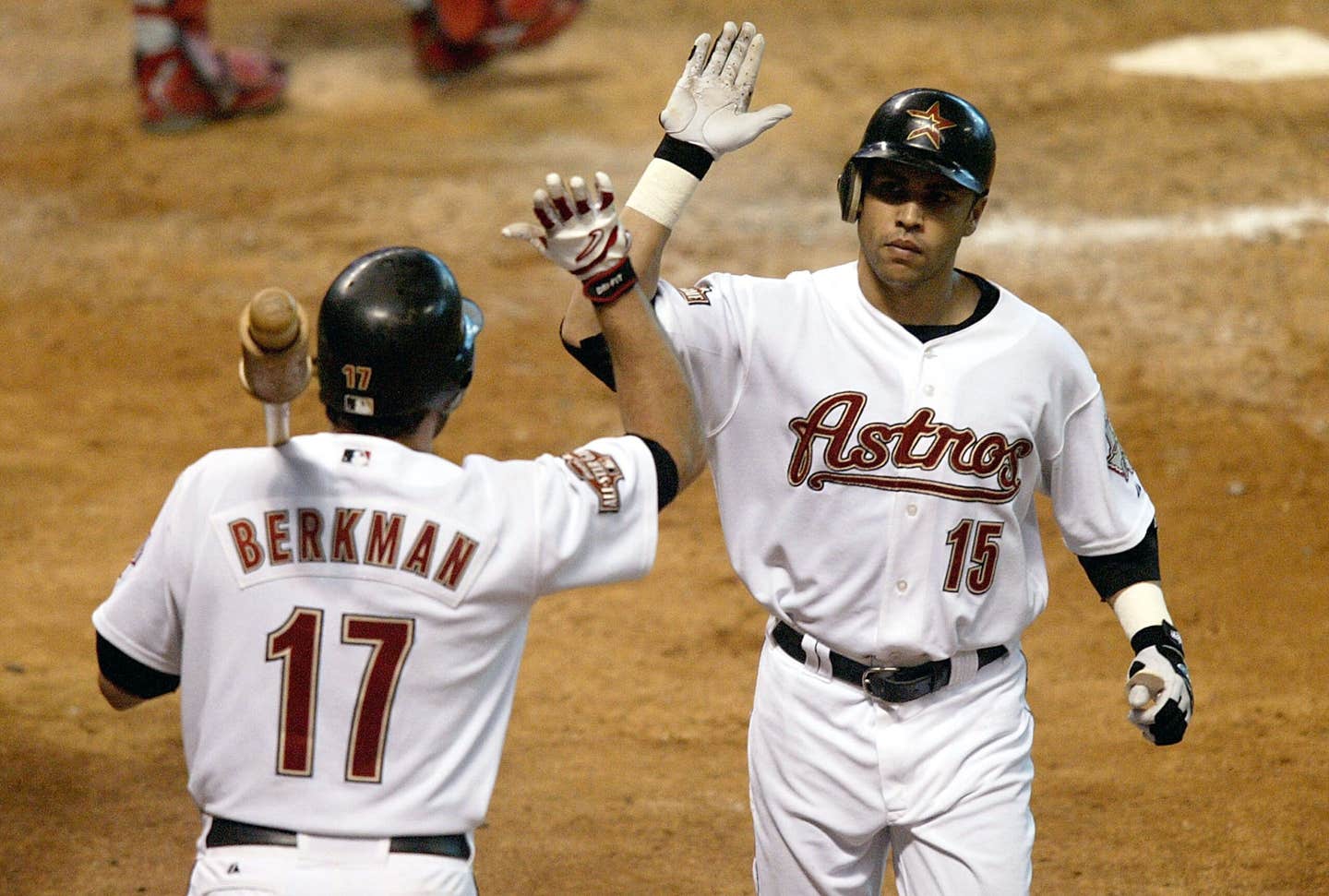Michael-Jordan
Michael Jordan still flies high, but not that high
By Larry Canale
Every once in a while, we encounter eBay sellers who feel the need to list items with unrealistically exorbitant (in other words, crazy-high) Buy It Now prices. Case in point: A seller recently put up a 1997-98 Upper Deck Michael Jordan signed Game-Worn Jersey card (#6 of 23) at the price of—get this—$1.5 million. As Aerosmith put it, “Dream on, dream until your dreams come true.” Well, this is one dream that won’t come true.
But we won’t let that joker ruin a good Online Auctioneer item. Signed Michael Jordan cards may not be million-dollar items, but they do draw healthy prices, as we see below.
“REAL DEAL” JORDAN SIG SALES
If you’re holding a Michael Jordan-signed card and considering the idea of selling it, you can go to school on others who have done the same. No, you won’t make a million dollars, or even a half-million. But such treasures can get into five-figure prices, or at least four figures.
Example prices:
• $16,200 for a Near-Mint 1984-85 Star card signed by Jordan recently. The card graded out at BGS 8.5 and benefited from an Upper Deck Authenticated certificate of authenticity. How important is that UDA seal? An ungraded, un-authenticated 1984-85 Star card signed by Jordan sold two months earlier for around a third of the price: $5,489.
• $13,000 for a rare 1985 Prism/Jewel Jordan sticker with a Jordan signature certified by PSA/DNA. This one’s a rarity; it was made to be peeled and adhered to a surface, so you don’t see too many clean and unused examples—much less one that includes an authenticated sig.
• $8,100 for a 1986-87 Fleer card inked by Jordan. This one is ungraded but was authenticated by UDA. Another ungraded but UDA-approved 1986-87 Jordan card sold two weeks later for a much lower price: $4,836. A close-up view of that card’s photo shows corner wear and a number of chips along the sides of the card. Condition counts, even with a Jordan sig.
The above are all cards Jordan signed after the fact—following production, packaging and circulation into the marketplace.
Jordan-signed cards that might have more appeal, at least to some of us, are examples autographed after printing but before packaging. Their selling prices may or may not be as high, but they do provide a sense of security, just because of the trust we tend to have in major manufacturers who contract athletes to sign product.
In recent weeks, we’ve seen these prices paid for MJ-autographed cards issued by manufacturers:
• $21,950 for a 1998-99 Upper Deck signed Game-Worn Jersey card (issued a year after the “Dream On” item above). The card, from an edition of 23, was graded BGS 9.5, with a 10 for the autograph.
• $3,250 to $3,775 for 2004-05 Upper Deck Trilogy “Signs of Stardom” autographed Jordan cards. Three of these cards, each graded PSA 10, sold for prices within that range. An example graded PSA 9 sold for $3,049.
• $1,995 for a 2001-02 Upper Deck Championship Game Floor Card autographed by Jordan. Embedded within the card is a piece of the LA Forum floor on which the Bulls battled the Lakers in a 1991 NBA Playoffs game.
• $1,850 for a 2005-06 Ultimate Collection signed game jersey card, one of 75 produced. Embedded in the card is a white, black and red patch. While ungraded, the card did come with a Beckett Authentic tag.
Oh, by the way, we can also report that a bidder paid $2,000 for a 1997-98 Upper Deck signed Game-Worn Jersey card. Yes, that’s the same card as the one in our “Dream On” item—the one that got a hopeful seller dreaming of a $1.5 million payday.
JACKSON 1
Where do you stand on Shoeless Joe Jackson and whether he should be in the Hall of Fame? Many who have studied the 1919 Black Sox scandal come out on the side of his innocence, and insist that he should have a spot in the HOF. Jackson’s lifetime batting average of .356 speaks to his skill at the plate, and—as you’ve likely read or watched (in the classic baseball film “Eight Men Out”), he didn’t show any quit in the 1919 series, batting .375 with five runs and six RBI.
Even though it’s unlikely Shoeless Joe will ever be inducted into the Hall, collectors still flock to him. Consider the colorful, decent-condition (considering its age) 1914 Cracker Jack card of Jackson that listed on eBay in February. Graded SGC 20 (equated to PSA 1.5), the card attracted 71 bids and soared to $23,200.
Now, if you ever come across that card in better condition, the price becomes increasingly sweet. PSA’s registry shows a 5-graded example to have sold at an auction house for $84,000 in 2017. Plus, PSA gives a value of $185,000 (or more) to a 1914 Jackson Cracker Jack card if graded 8.
JACKSON II
From “Shoeless” to “the straw that stirs the drink.” Reggie Jackson was a bit polarizing during his long career as an outfielder and DH. Yankees fans won’t forget how he seemed to ’dis captain Thurman Munson when he arrived at camp in 1977 and supposedly proclaimed that he—not Munson—was “the straw that stirs the drink.” He has denied that comment, but either way, there’s no doubt the man could hit: Over his 21-season career, Reggie clubbed 565 homers and drove in 1,702 runs.
Jackson’s rookie card, along with Mickey Mantle’s final player card, is the co-star of Topps’ wonderful 1969 set. We got a glimpse of its popularity among collectors in mid-February when a Mint-condition (PSA 9) specimen drew 21 bids and sold for $21,989.








